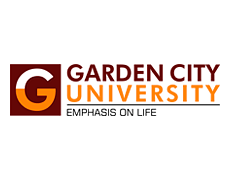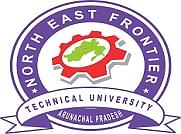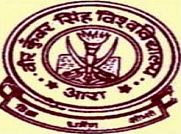Introduction
to BA in Urban Studies
BA in Urban Studies is an interdisciplinary undergraduate program that explores the
development, structure, and functioning of cities and urban areas. It
integrates knowledge from various fields such as sociology, geography,
economics, political science, and environmental studies to understand urban
issues and develop solutions for urban planning and policy. Graduates are
prepared for careers in urban planning, public policy, community development,
and related fields.
Admission
Process to BA in
Urban Studies
The admission BA in Urban Studies
typically includes the following steps:
- Eligibility Criteria:
- Completion of high school or equivalent, often with a focus on
social sciences or humanities.
- Some programs may look for a strong background in subjects such as
geography, history, or political science.
- Entrance Exams:
- Depending on the country and university, standardized tests such
as the SAT or ACT may be required.
- Some universities may have their own entrance exams or criteria
based on academic performance in high school.
- Application:
- Submission of an application form through the university's
admission portal.
- Provision of academic transcripts, standardized test scores,
letters of recommendation, and a personal statement or easy at best
affordable college in india.
- Interview:
- Certain programs may conduct interviews to assess the applicant's
interest in urban studies and their understanding of urban issues.
- Interviews can be conducted in person or online.
- Selection:
- Universities evaluate candidates based on their academic records,
test scores, personal statements, and interviews.
- Selected candidates receive admission offers, which must be
accepted within a specific timeframe.
Syllabus of BA in Urban Studies
The syllabus for a BA in Urban Studies is
designed to provide a comprehensive understanding of urban environments and
issues. It typically includes a mix of core courses, electives, and practical
experiences, organized over six to eight semesters. Below is a general outline
of the topics covered at best 5 colleges in Haryana:
Year 1
- Introduction to Urban Studies:
Overview of urbanization, urban theory, and the significance of cities.
- Human Geography:
Study of spatial patterns and processes related to human activity.
- Urban Sociology:
Examination of social structures, relationships, and issues in urban
contexts.
- Introduction to Public Policy:
Basics of policy-making processes and the role of public policy in urban
areas.
Year 2
- Urban Economics:
Economic principles related to urban areas, including housing, labor
markets, and urban development.
- Urban Planning:
Fundamentals of urban planning, land use, and zoning.
- Environmental Studies:
Exploration of urban environmental issues, sustainability, and green
cities.
- Research Methods:
Qualitative and quantitative research techniques relevant to urban
studies.
Year 3
- Urban Politics and Governance:
Study of political processes, governance structures, and the role of local
governments.
- Urban Design:
Principles of designing urban spaces, architecture, and landscape
architecture.
- Social Justice in the City:
Examination of issues related to equity, diversity, and inclusion in urban
settings.
- Electives: Courses in areas such as
transportation, housing policy, and community development.
Year 4
- Advanced Urban Theory:
In-depth exploration of contemporary urban theories and critical
perspectives.
- Capstone Project: A
comprehensive project involving research and analysis of a specific urban
issue or case study.
- Internship:
Practical experience in a professional setting, often included as part of
the curriculum.
- Urban Policy Analysis:
Techniques and tools for analyzing and evaluating urban policies.
Practical
Components
- Field Work:
Hands-on experience in urban settings, involving data collection,
analysis, and community engagement.
- Workshops and Seminars:
Interactive sessions with experts, policymakers, and practitioners.
- Group Projects:
Collaborative projects addressing real-world urban challenges at top
college in Haryana.
The curriculum may vary between universities,
but the core focus remains on understanding the complexities of urban
environments and developing the skills needed to address urban challenges
through planning, policy, and community engagement.












